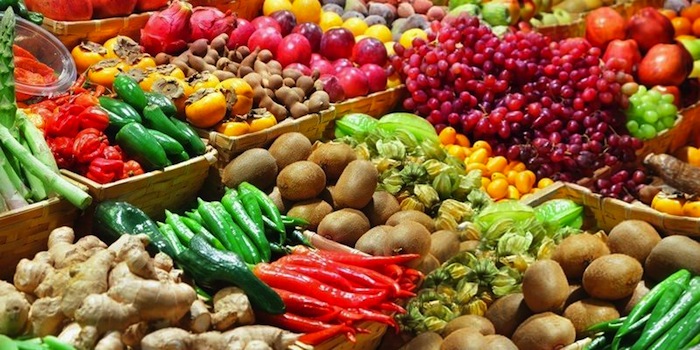Kenyan lobbies in the agriculture sector have opposed draft crops regulations. This comes 2 months after Agriculture and Food Authority (AFA) published two draft regulations — the Crops (Food Crops) Regulations 2019 and the Crops (Horticulture Crops) Regulations 2019 — that are awaiting submission to Parliament.
However, several organizations now say the rules will have crippling effects on players in the food sector. These include food processors, grower associations, marketing agents, collection center owners, warehouse owners, food depot owners as well as importers and exporters.
Others who signed the position paper are Cereal Millers Association, Agro Chemical Association of Kenya, Cereal Growers Association and Fresh Produce Consortium of Kenya. The lobbies took issue with double taxation, which they said would occur since the proposed movement tax will be in addition to existing similar taxes.
According to media reports, the lobbies are of the opinion that the regulations would hinder market access because of the delays of getting the license’s given the multiplicity of the clearances that business have to meet.
Food crops targeted include wheat, barley, finger millet, pearl millet, wheat, oats, rye, triticale (a crossbreed of wheat and rye) and amaranth. The regulations also target legumes such as soya beans, pigeon peas, cow peas, chicken peas, broad beans, duster beans, dolichos (njahi), sweet potatoes, cassava and other tubers. The proposed law, which governs food production, processing, marketing, imports and exports, also prohibits the exportation of raw coffee.
The tough regulations also propose the appointment of food inspectors to ensure that crops and products conform to local and international standards. Farmers will also be required to maintain records of pest control products and other substances used in the production or storage of food crops.
Businesses, however, point out that such regulations are already within the mandate of agencies such as Kenya Plant Health Inspectorate Services, Kenya Bureau of Standards, Horticulture Crops Development Authority and Pest Control and Products Board.









